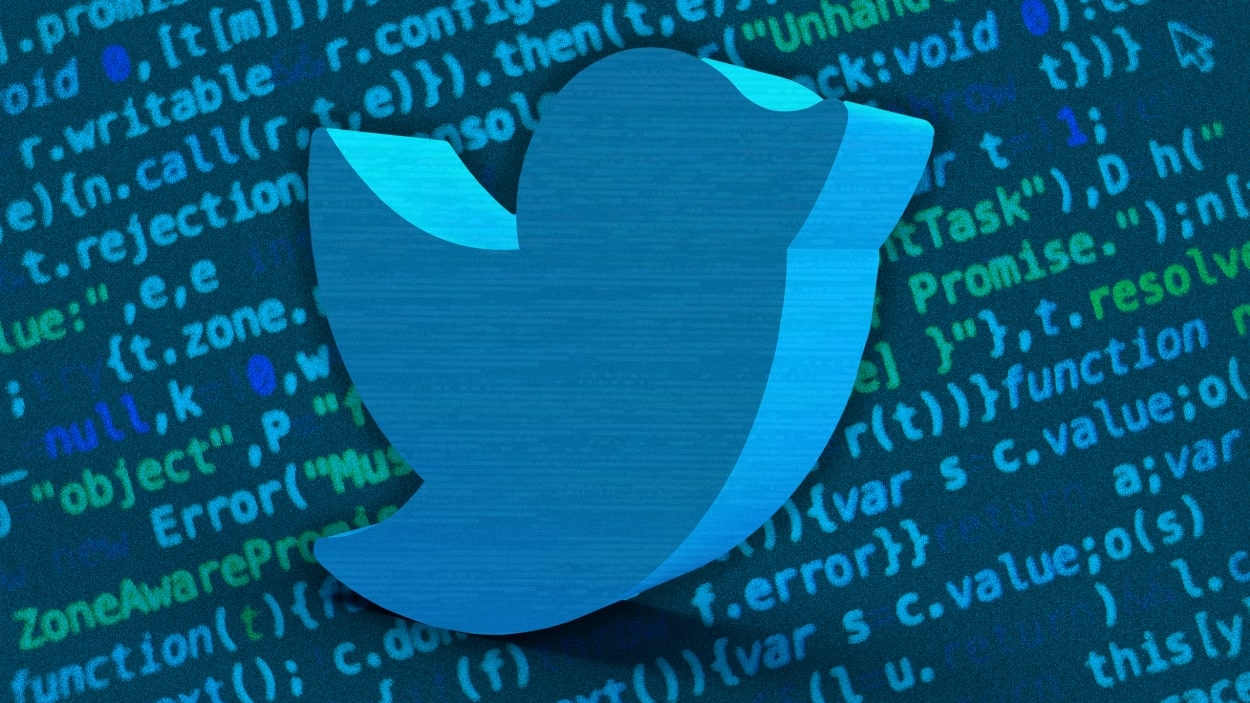Twitter links and images abruptly stop working as users get bombarded by error messages
By Emily Price
Update Monday, 2:10 p.m. ET
At 1:05 p.m. ET, Twitter’s support account tweeted, “Things should now be working as normal. Thanks for sticking with us!”
Original story:
If you’ve been on Twitter this morning, you might have noticed that outbound links and images don’t seem to be working.
The issue appears to be related to CEO Elon Musk’s decision to start charging for access to the company’s API. The decision was announced via Twitter’s Dev team account in early February but was delayed a week later. Whatever’s happening also impacts the ability to embed tweets, so we’ll just be linking to them for now.
On February 17, a tweet from the same Dev account suggested a phased rollout would begin and would last “a few weeks.”
No further updates have come from the account. As of Monday, however, clicking on a link on Twitter now takes you to a message that says “Your current API plan does not include access to this endpoint,” and then displays a link for more information.
Twitter’s API is what allows third-party developers to connect to the Twitter platform. Services such as TweetDeck are also impacted by the issue. Many developers criticized the decision to charge for the API because doing so would effectively remove the ability for a number of free tools and apps to function.
At 12:30 p.m. ET on Monday, Twitter Support tweeted, “Some parts of Twitter may not be working as expected right now. We made an internal change that had some unexpected consequences. We’re working on this now and will share an update when it’s fixed.”
Musk has also responded to the outage in a reply to previously banned Newsmax producer Alex Lorusso, saying “This platform is so brittle (sigh). Will be fixed shortly.”
Today’s outage comes a week after Musk laid off a significant portion of the company’s product team, and a month after another major site outage, an issue former employees have suggested will only get worse as Musk attempts to roll out large changes to the platform without the engineers or legacy experience to support them.
(30)



